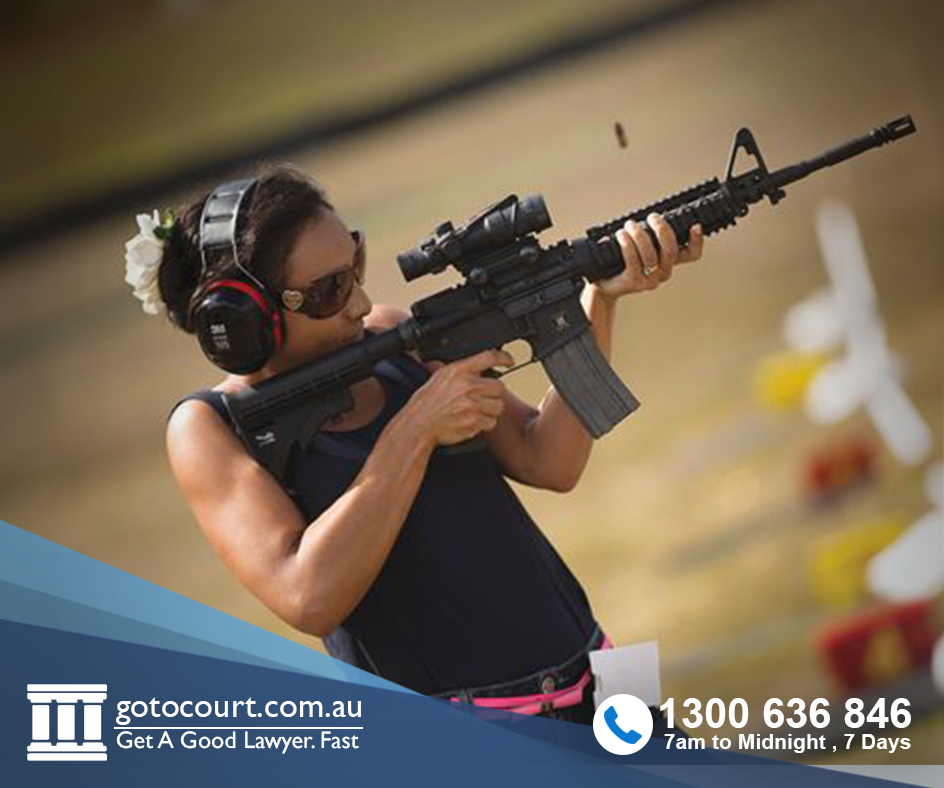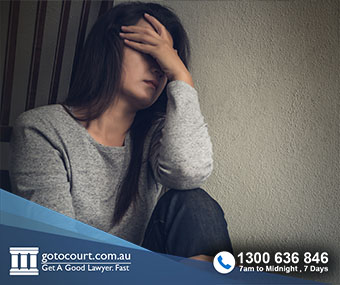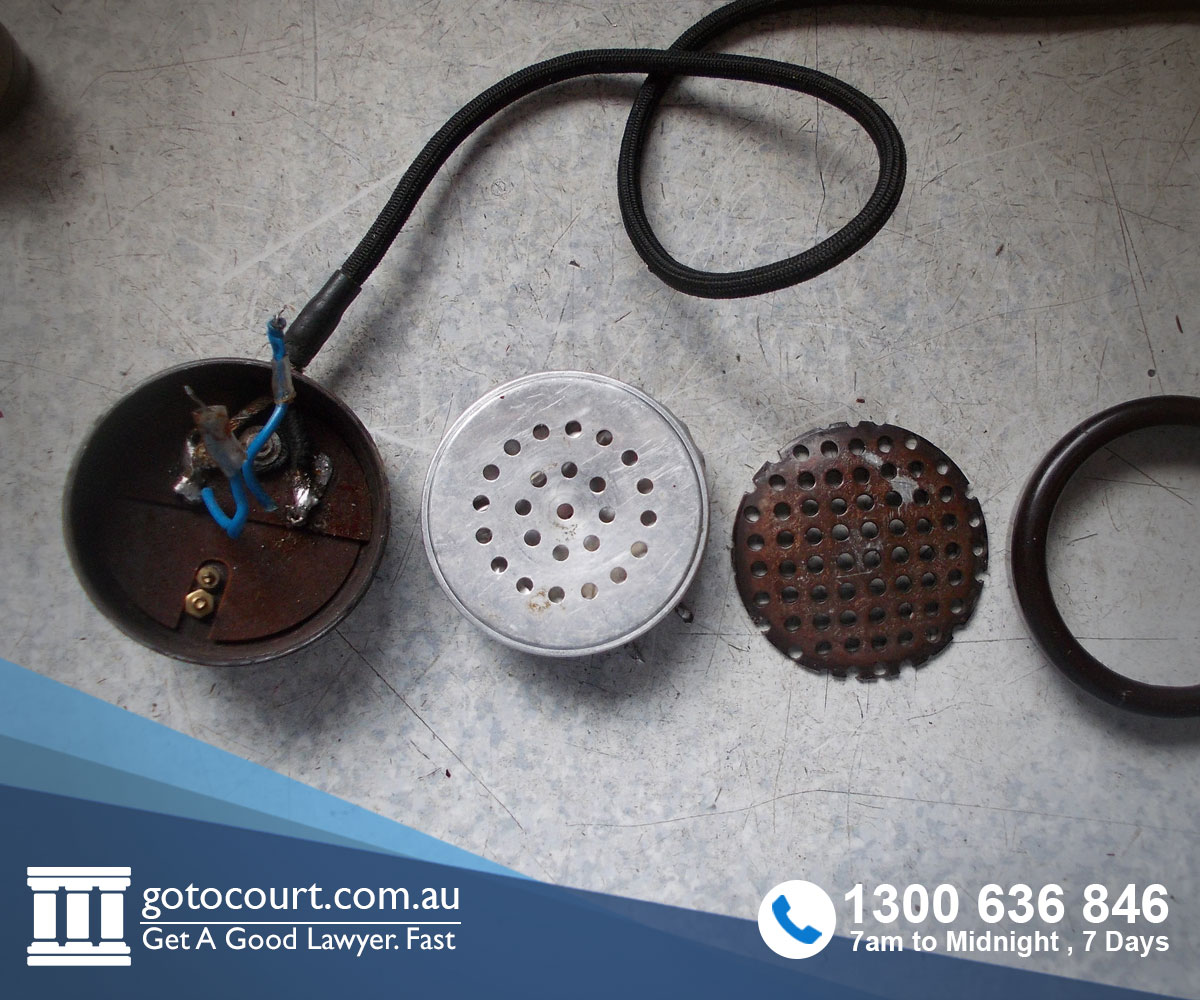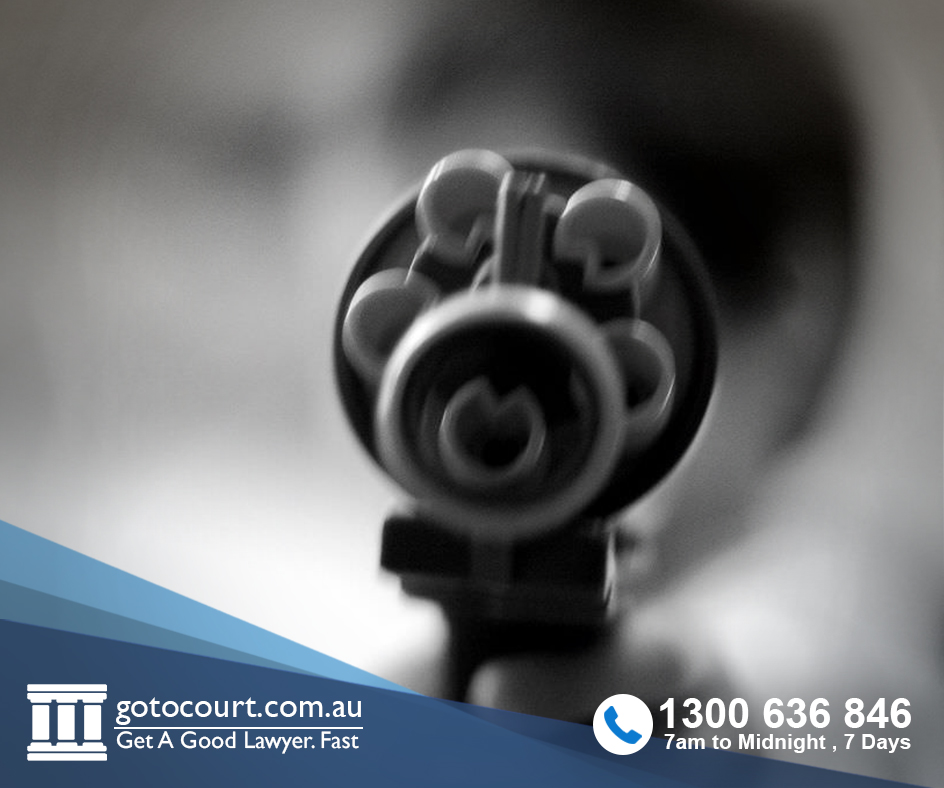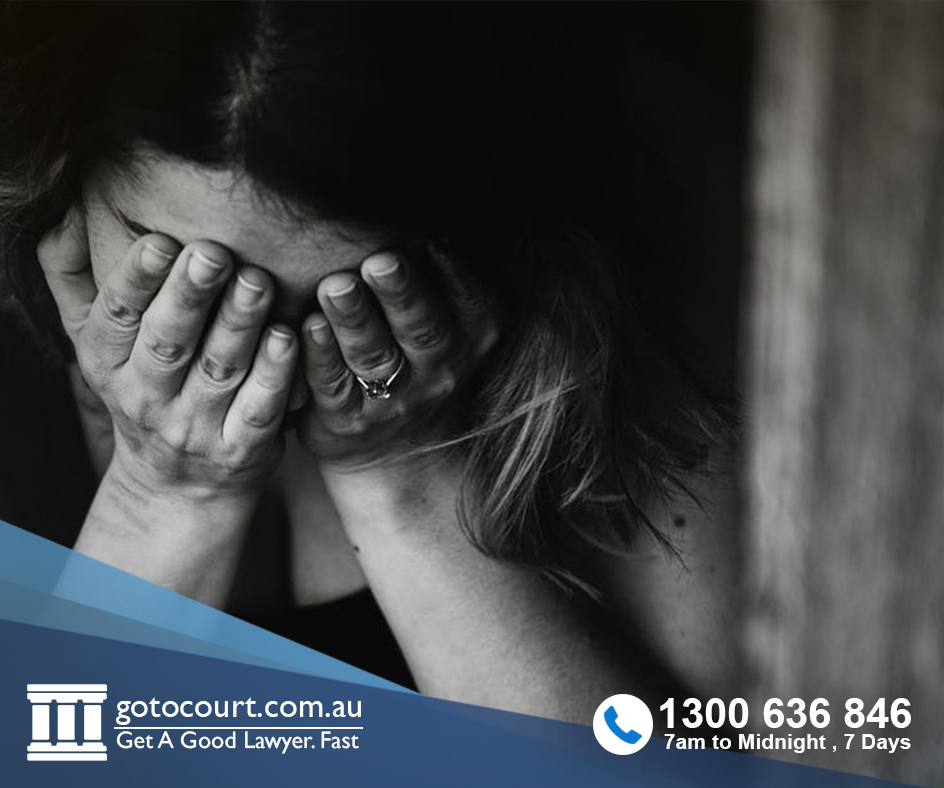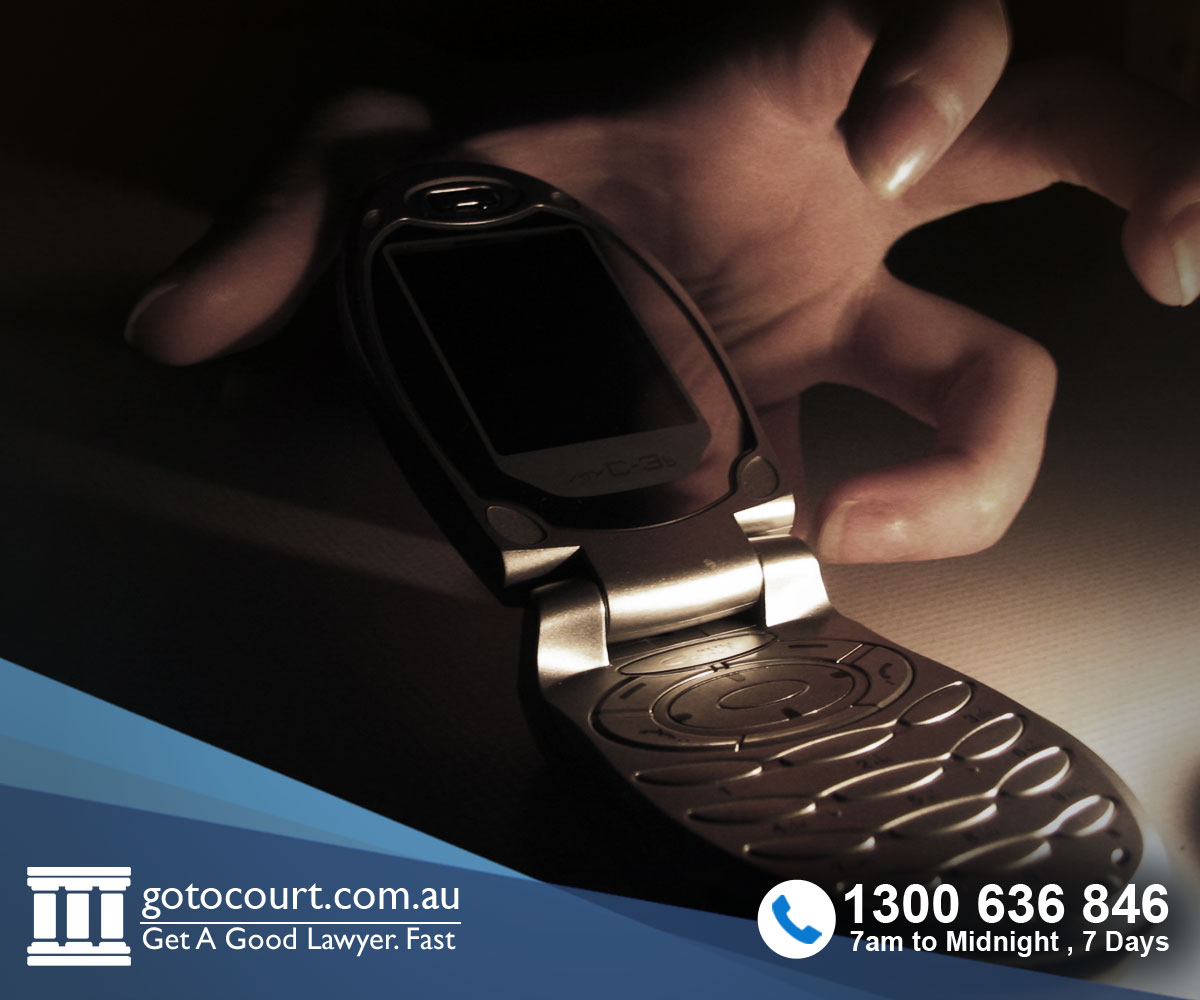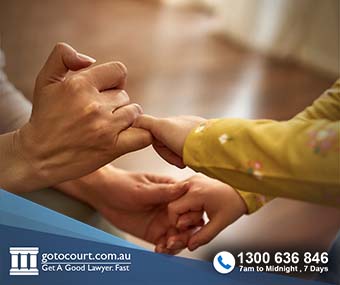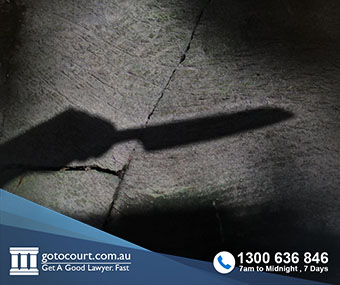Call our lawyers
now
or,
have our lawyers
call you
Infanticide (NSW)
Updated on Nov 22, 2022 • 6 min read • 484 views • Copy Link
Infanticide (NSW)
Under the NSW Crimes Act 1900, a woman can be found guilty of infanticide if she intentionally kills her baby because she has not fully recovered from giving birth to it. This offence is governed by Section 22A of the Crimes Act. A woman found guilty of infanticide will be sentenced as if she had been found guilty of manslaughter.
A finding of guilt for infanticide is available as an alternative to a finding of guilt for murder where the victim is a baby under the age of 12 months and the offender is its mother. Essentially, it provides an alternative verdict for the killing of a child by its mother while suffering from post-natal depression or a similar condition on the basis that the offender’s level of culpability was reduced in the circumstances.
The offence of infanticide is strictly indictable. It can only be finalised in the Supreme Court.
The offence of infanticide
Under Section 22A of the Crimes Act reads as follows:
- Where a woman by any wilful act or omission causes the death of her child, being a child under the age of twelve months, but at the time of the act or omission the balance of her mind was disturbed by reason of her not having fully recovered from the effect of giving birth to the child or by reason of the effect of lactation consequent upon the birth of the child, then, notwithstanding that the circumstances were such that but for this section the offence would have amounted to murder, she shall be guilty of infanticide, and may for such offence be dealt with and punished as if she had been guilty of the offence of manslaughter of such child.
- Where upon the trial of a woman for the murder of her child, being a child under the age of twelve months, the jury are of opinion that she by any wilful act or omission caused its death, but that at the time of the act or omission the balance of her mind was disturbed by reason of her not having fully recovered from the effect of giving birth to such child or by reason of the effect of lactation consequent upon the birth of the child, then the jury may, notwithstanding that the circumstances were such that but for the provisions of this section they might have returned a verdict of murder, return in lieu thereof a verdict of infanticide, and the woman may be dealt with and punished as if she had been guilty of the offence of manslaughter of the said child.
- Nothing in this section shall affect the power of the jury upon an indictment for the murder of a child to return a verdict of manslaughter or a verdict of not guilty on the ground of insanity, or a verdict of concealment of birth.
The defence of infanticide
Infanticide can be argued as a partial defence to murder. Where a woman is charged with murder but can establish that she was suffering from a mental impairment as the result of giving birth to the baby, the lesser conviction of infanticide may be recorded.
It is more common for infanticide to be relied on as a partial defence to murder than to be prosecuted as a substantive offence, because of the difficulty for the prosecution in proving that the accused suffered from a mental impairment resulting from childbirth.
The history of infanticide
The NSW infanticide provision is based on the UK’s Infanticide Act 1938, which was introduced in an attempt to create an appropriate legal avenue for dealing with women who kill their babies. Such acts were relatively common at the time due to the difficult conditions and lack of support faced by unmarried mothers. Intentional killing amounted to murder, for which the penalty was death, but police were reluctant to prosecute women who killed their babies in this way and juries, in turn, were reluctant to convict them. When a conviction was returned for murder, the judge and jury usually recommended mercy and the death penalty were generally commuted. The Infanticide Act was introduced so that courts would no longer need to circumvent the law in this way. The new offence provided a partial excuse for offenders, recognising that they were suffering a mental disorder associated with childbirth. The offence of infanticide initially covered only the killing of a newborn baby and was later extended to cover babies up to the age of 12 months.
Should the law be changed?
The offence of infanticide is very rarely used in NSW, with only two convictions for the offence between 1990 and 1996. Criticisms have often been made of the medical and ideological rationales for the offence, with some voices calling for infanticide to be abolished.
Arguments in favour of abolishing the offence/defence of infanticide are as follows:
- The existence of diminished responsibility as a partial defence to murder (reducing murder to manslaughter) means that infanticide is no longer needed to reduce culpability for murder;
- The offence of infanticide is arbitrarily restrictive as it applies only to women and only where the infant is below the age of 12 months;
- The offence of infanticide reflects an antiquated view of women as being susceptible to mental instability as a result of giving birth;
- The offence of infanticide is based on unsound notions of mental disturbance;
- It is no longer widely believed that there is any medical basis for ‘lactational insanity’
Arguments in favour of retaining the offence/defence of infanticide are as follows:
- The defence of infanticide is more accessible to women who kill their babies then that of diminished responsibility because it does not require a severe psychiatric disorder;
- The defence of diminished responsibility is not wide enough to cover all infanticide cases;
- The abolition of infanticide may lead to increased sentences for women who kill their babies.
The NSW Law Reform Commission considered repealing the infanticide provision during the 1990s but decided to retain the offence/defence.
If you need legal advice or representation in a criminal matter or any other legal matter, please contact Go To Court Lawyers.

Affordable Lawyers
Our Go To Court Lawyers will assist you in all areas of law. We specialise in providing legal advice urgently – at the time when you need it most. If you need a lawyer right now, today, we can help you – no matter where you are in Australia.How It Works







1. You speak directly to a lawyer
When you call the Go To Court Legal Hotline, you will be connected directly to a lawyer, every time.


2. Get your legal situation assessed
We determine the best way forward in your legal matter, free of charge. If you want to go ahead and book a face-to-face appointment, we will connect you with a specialist in your local area.


3. We arrange everything as needed
If you want to go ahead and book a fact-to-face appointment, we will connect you with a specialist in your local area no matter where you are and even at very short notice.




